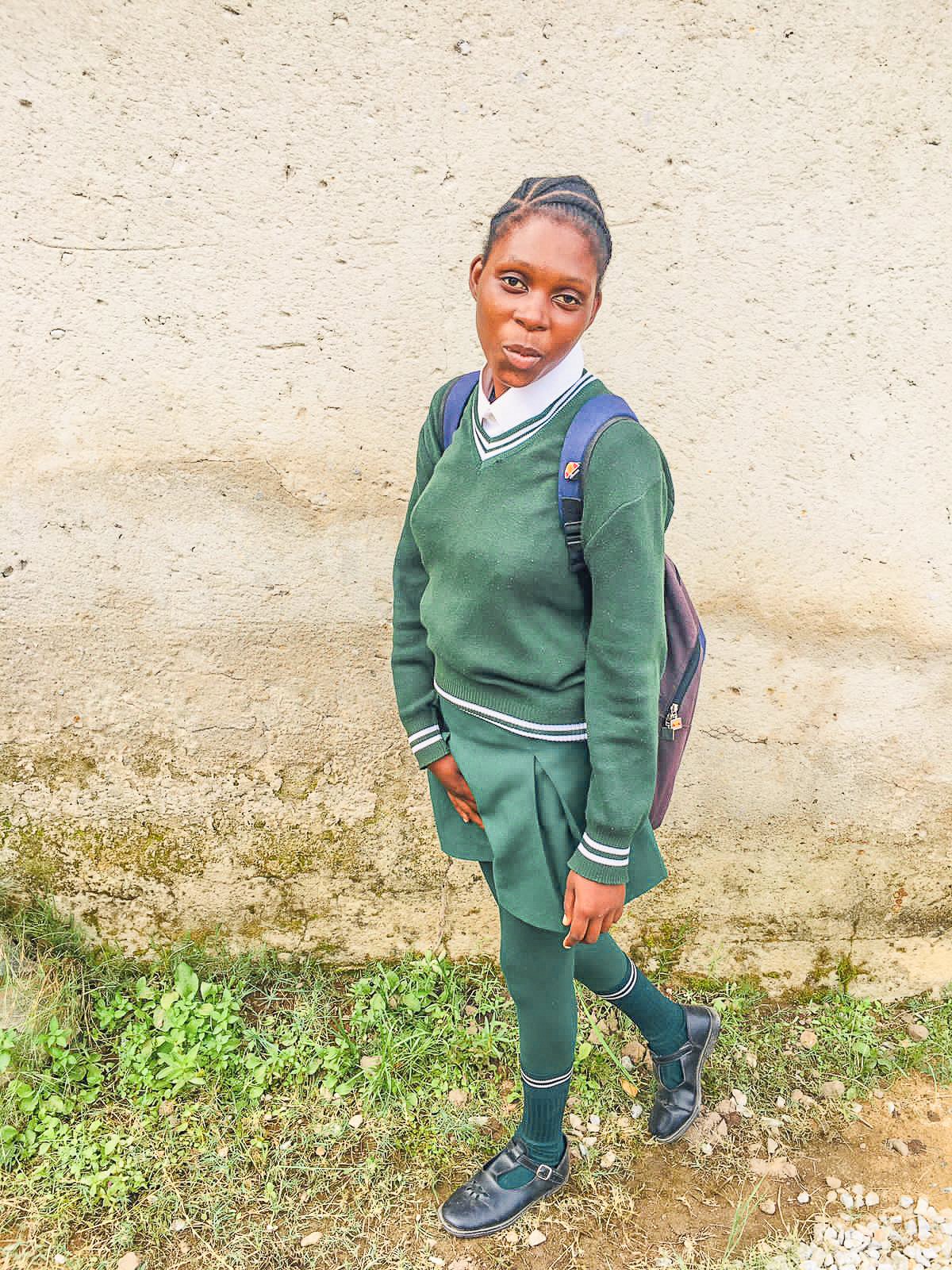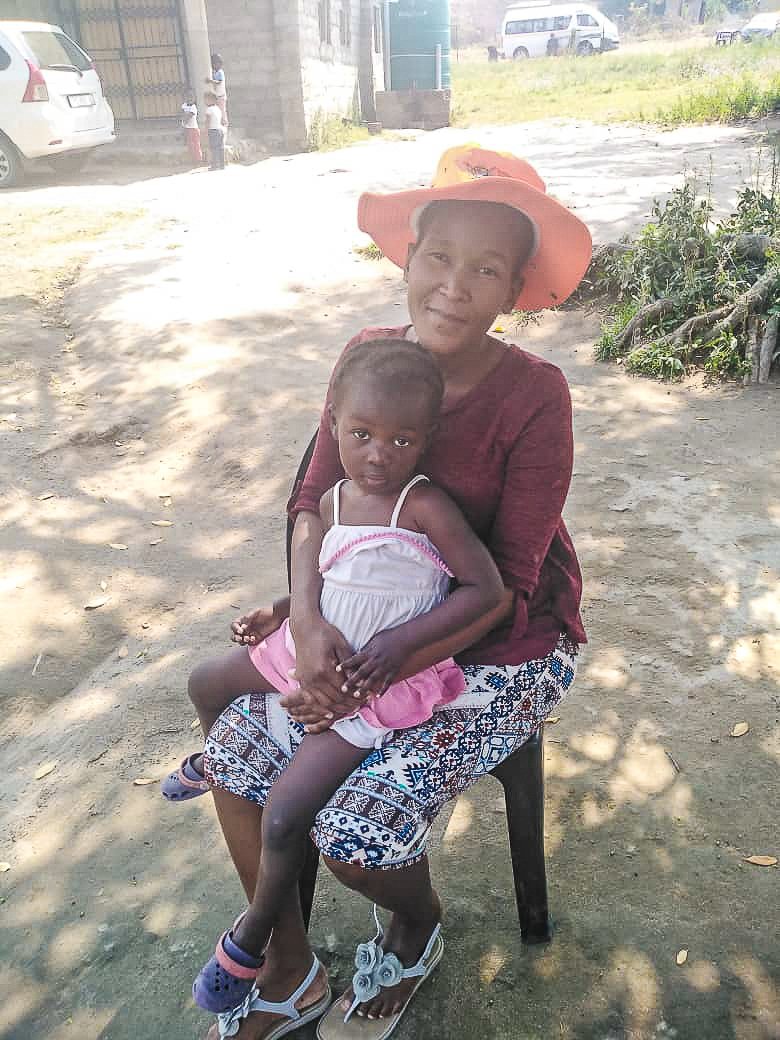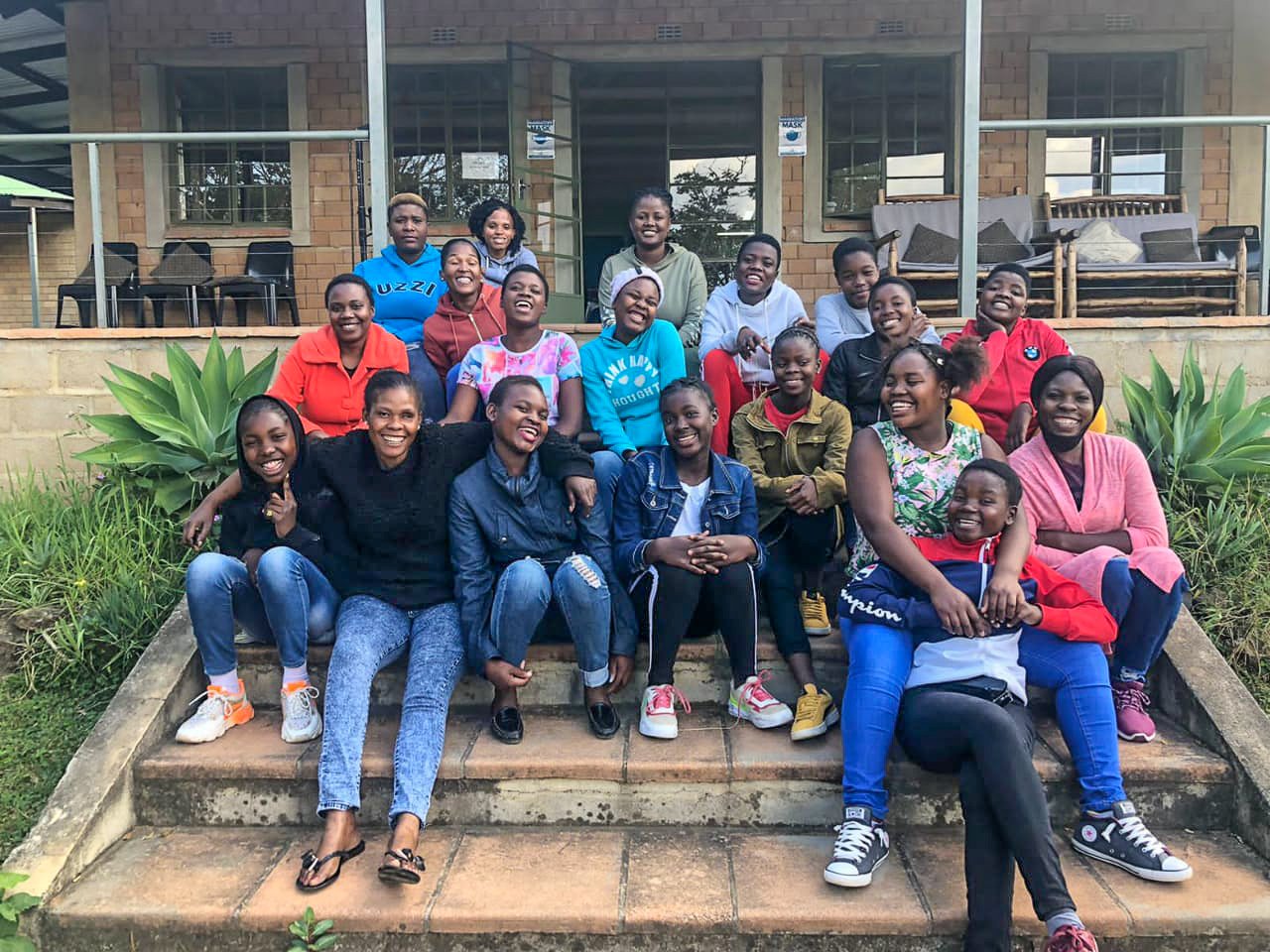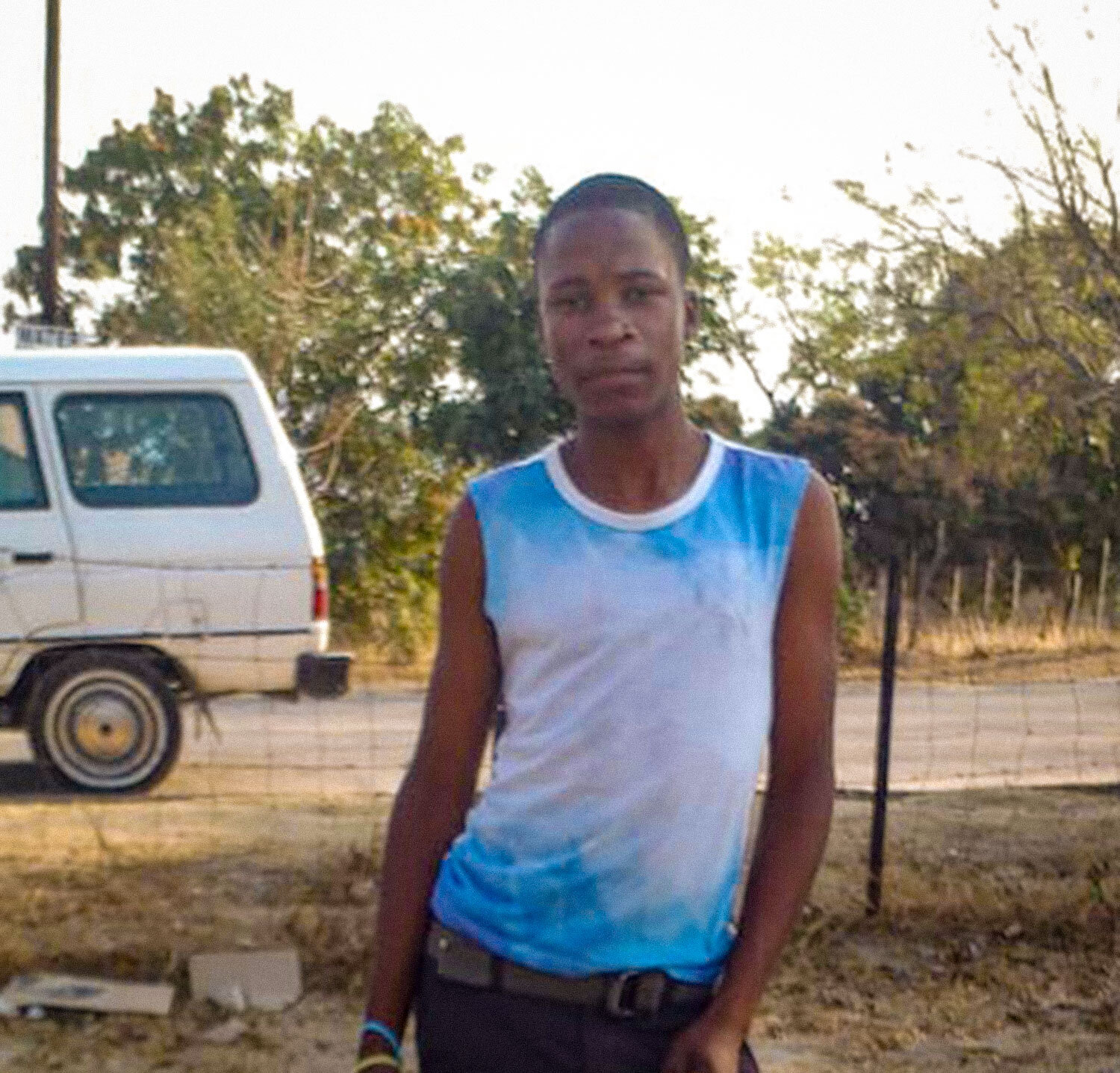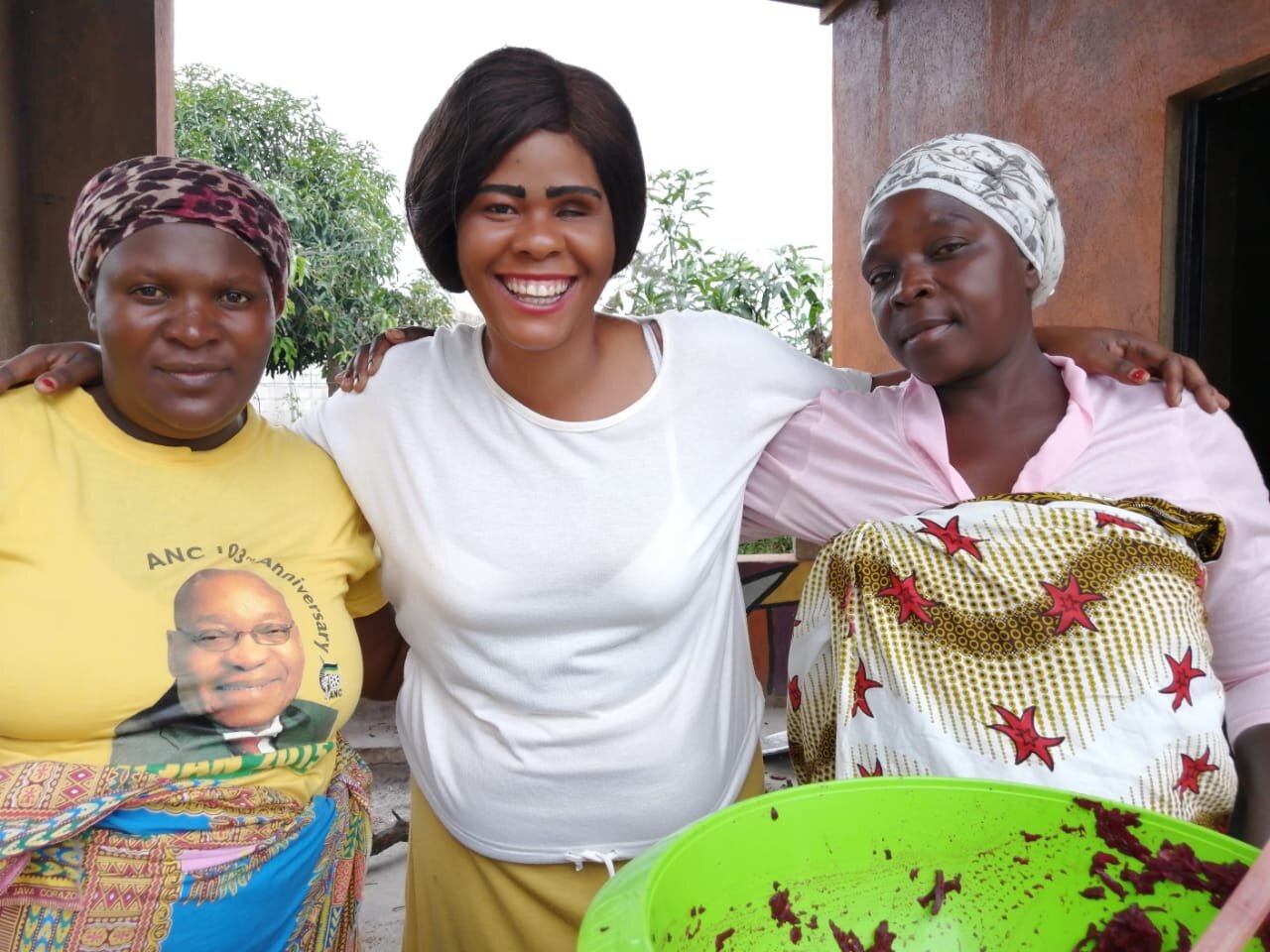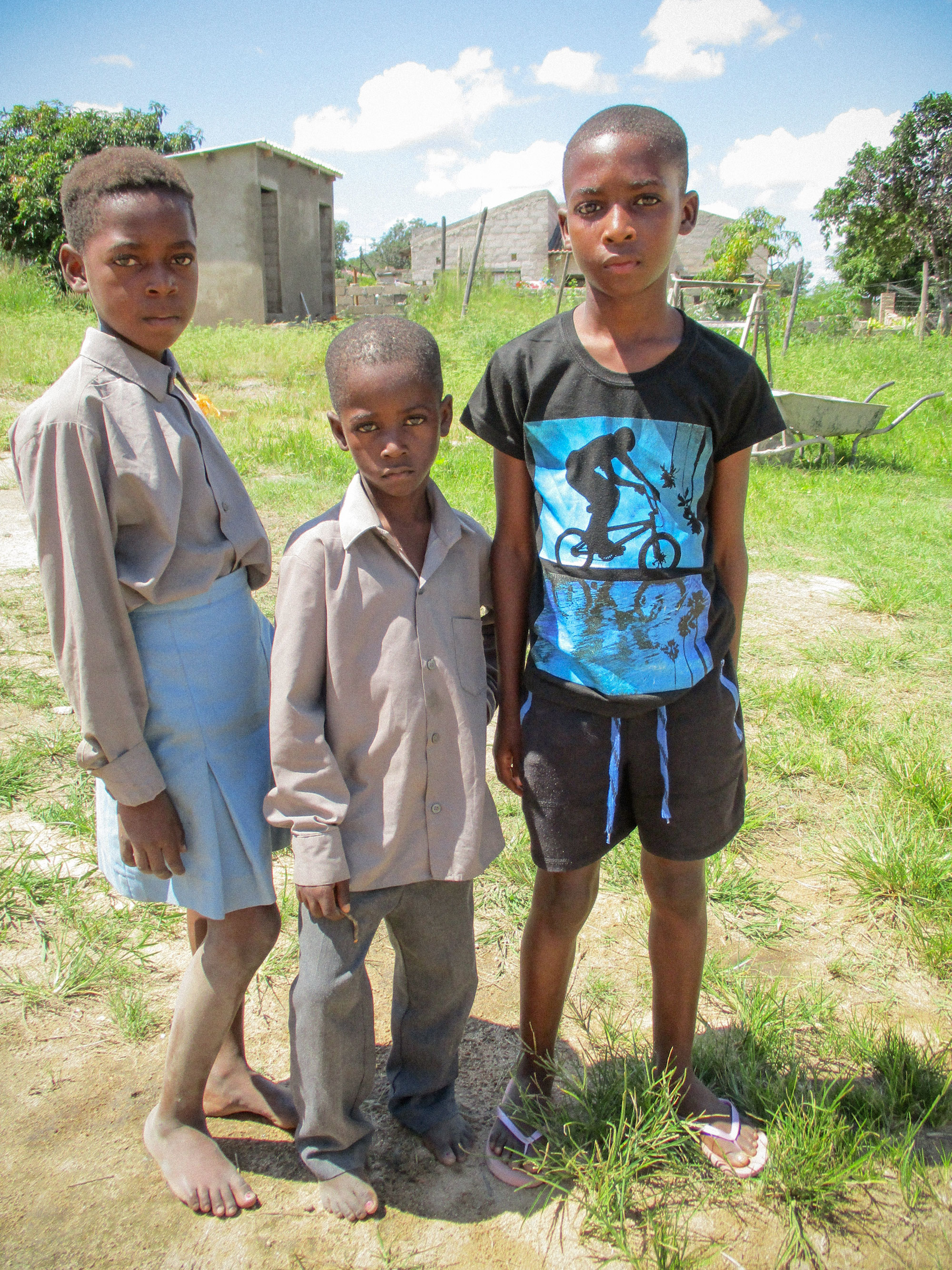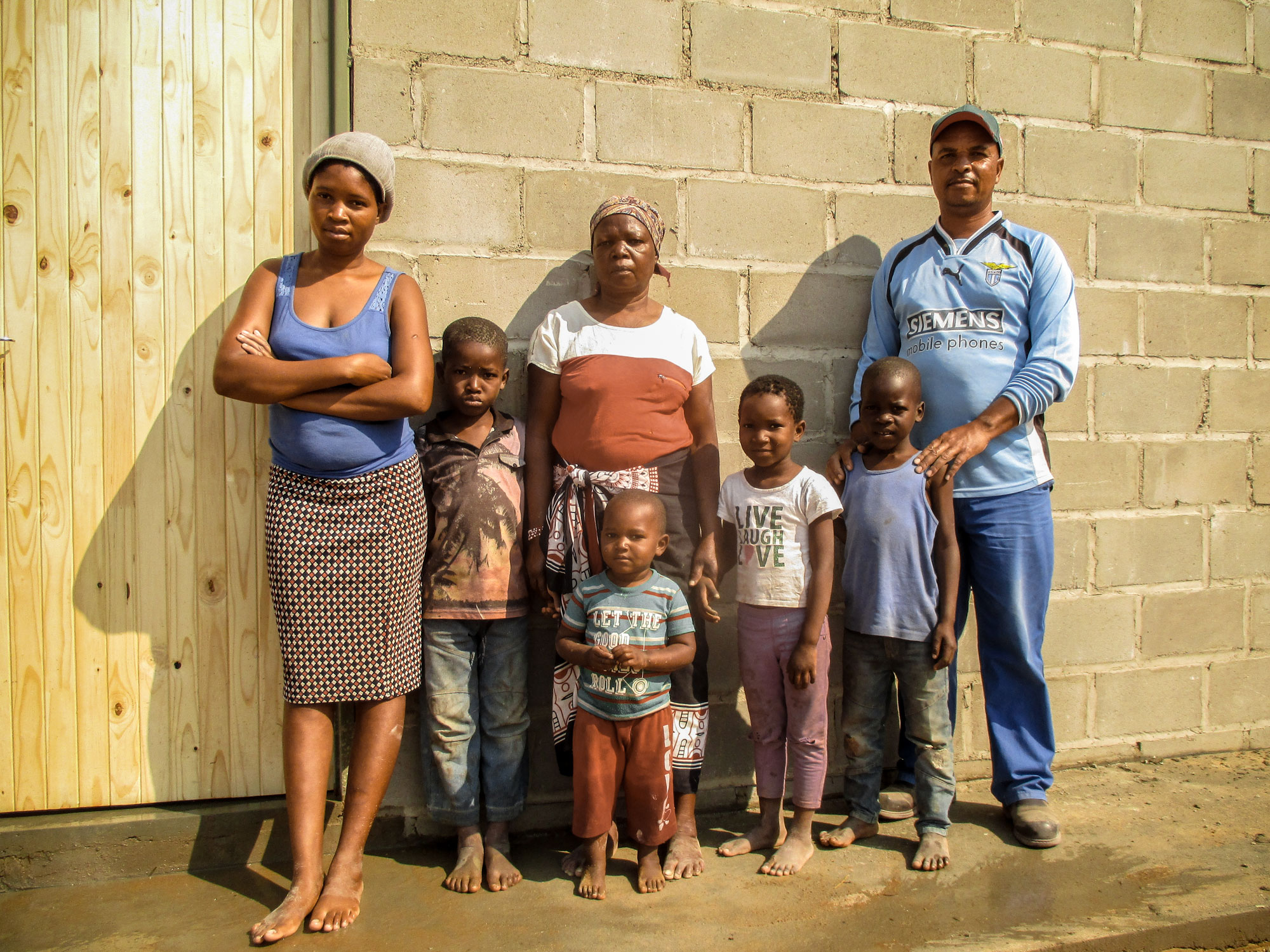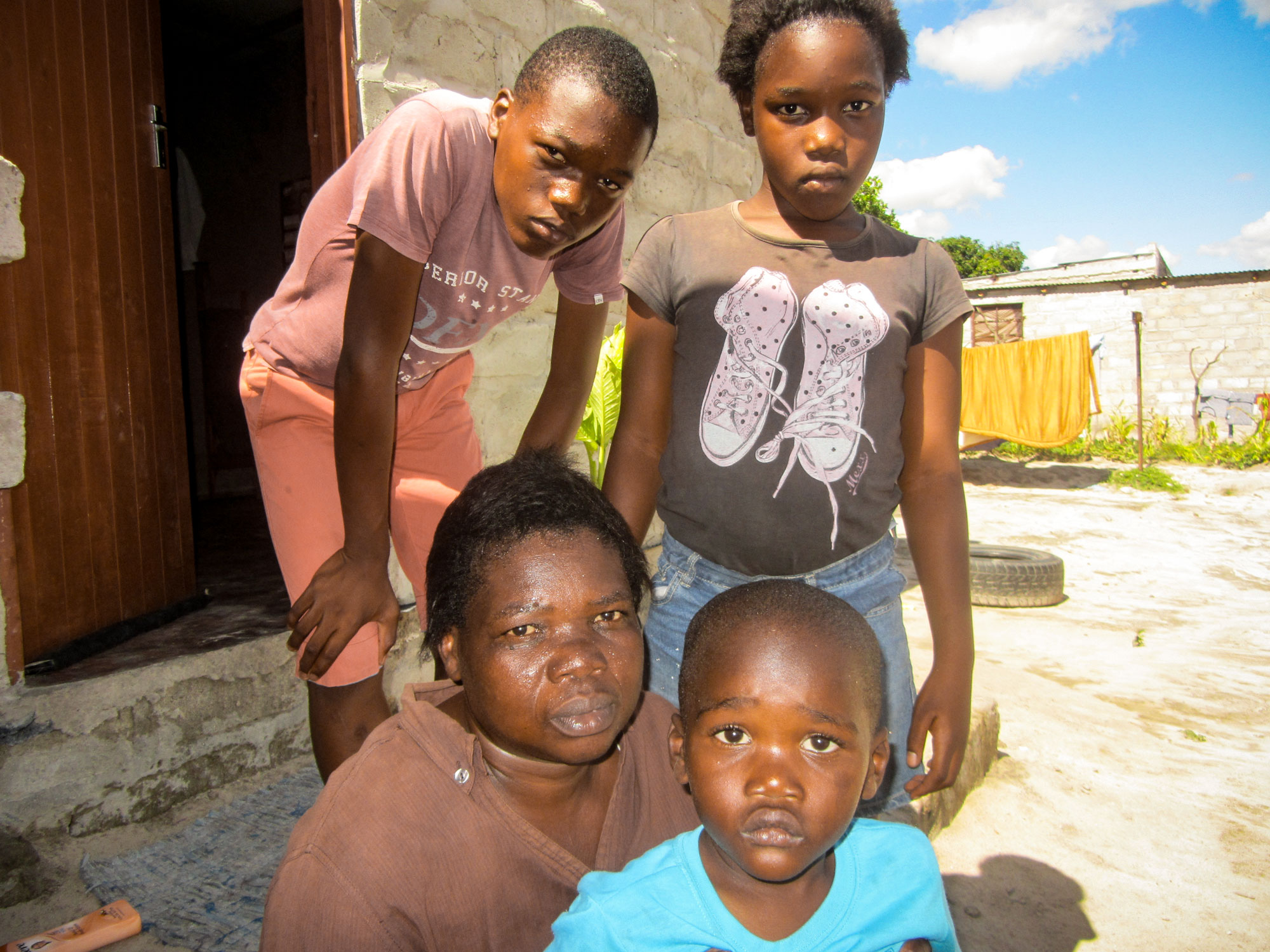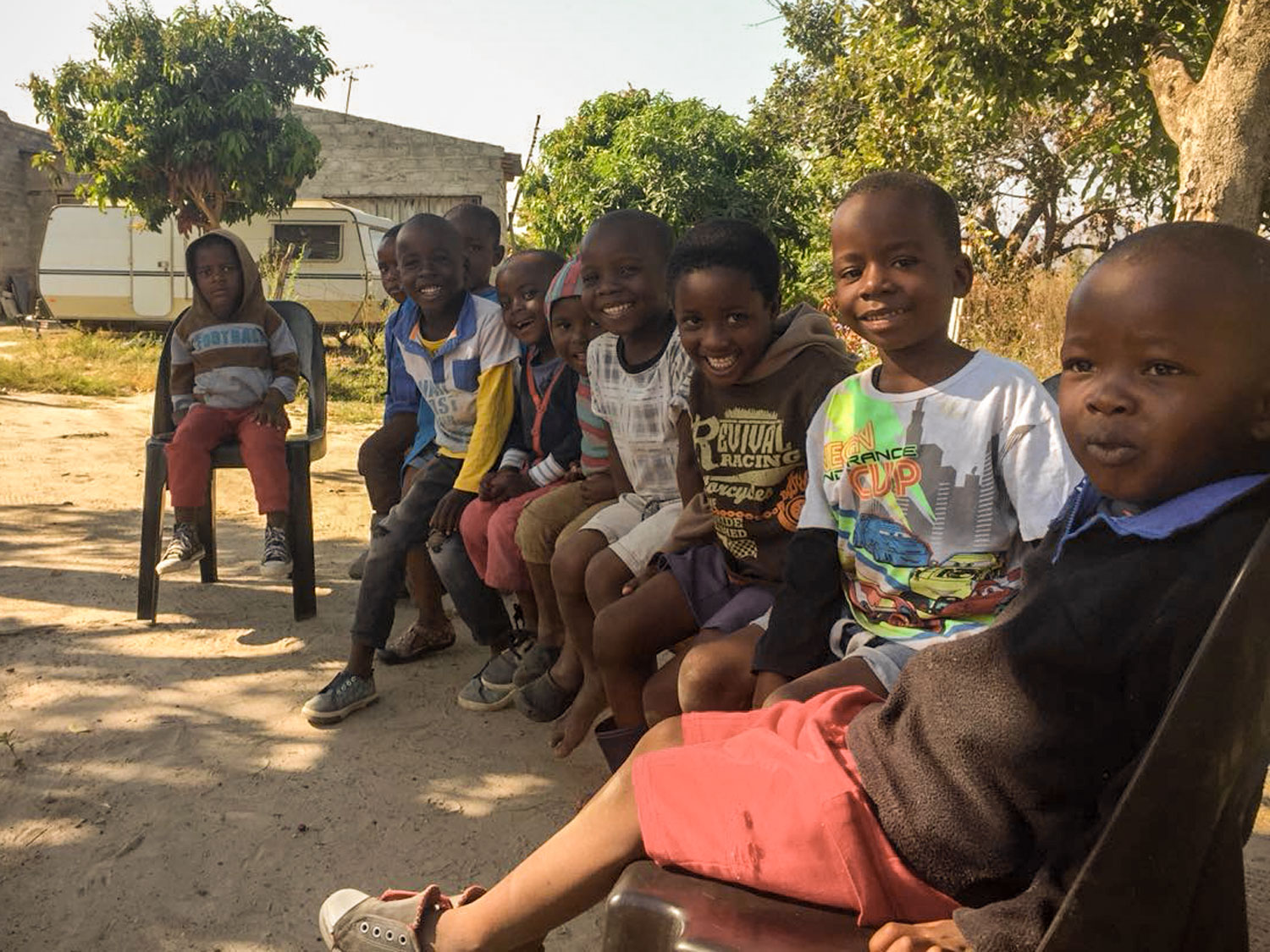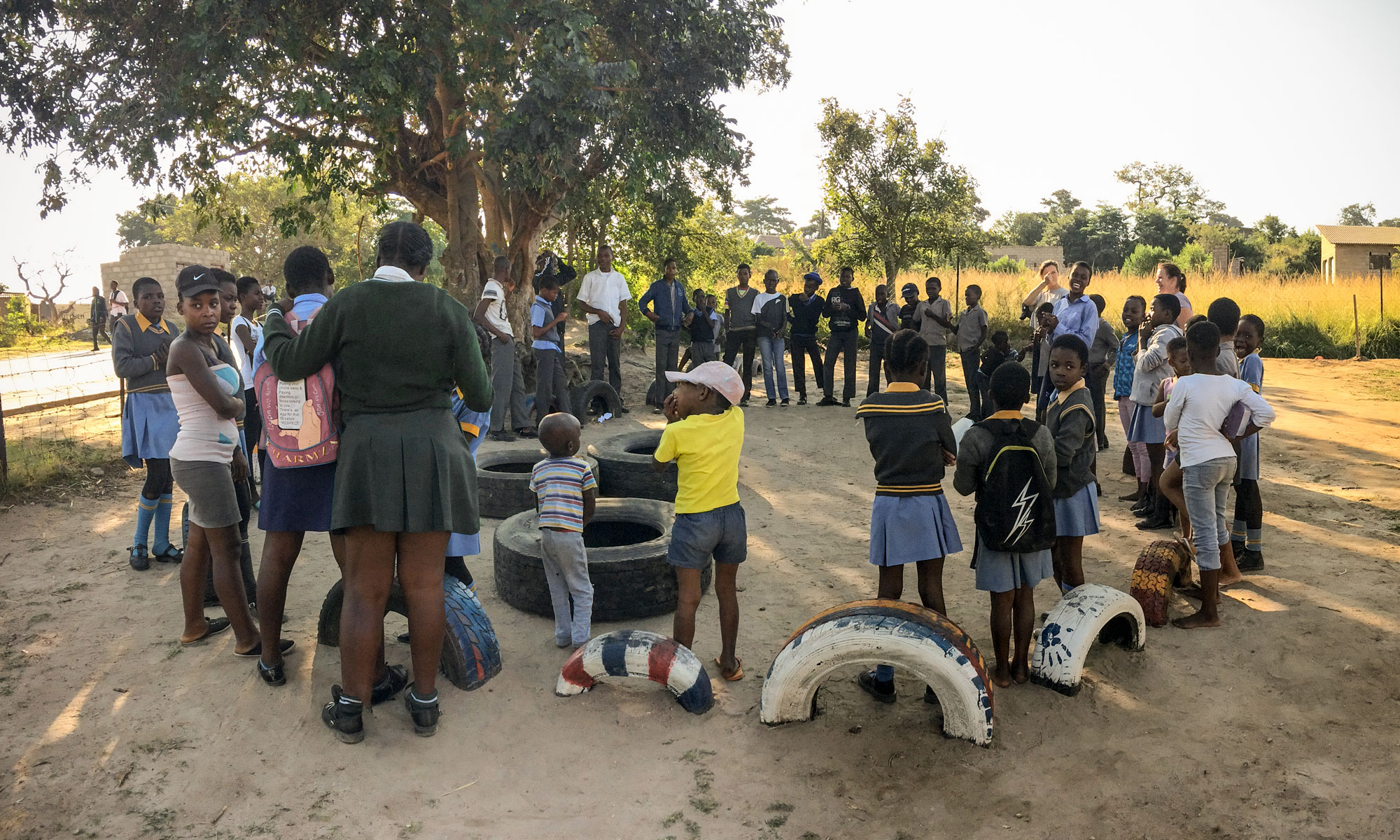The Story of Mafambisa Community
Volunteers from the local church in Mafambisa have come together to care for their community. These Care Workers have identified the most vulnerable children and brought them into their care. Their dream is to bring hope to those living in extreme brokenness. The community of Mafambisa remains vulnerable for a number of reasons. There is no clinic in the immediate area which means people have to travel, often on foot, for seven to eight kilometres to reach the nearest medical services. Many people suffer from curable diseases simply because they are physically unable to walk the distance to the clinic or afford a taxi to transport them. The school is located on the edge of the community so many children walk two to three kilometres to attend. With high numbers of refugees in the community, it is common for the most vulnerable children to lack the correct identification documents, making it a challenge to attend and graduate from school.
70 Children currently supported
7 Care Workers coordinated by Khetiwe
Basic Services Started in 2008
60km from the Hazyview local office
The provision of basic services for children began in 2008 under the leadership of Zandile, who sadly passed away a few years later. Since this time, Hands at Work has sought the best care for the most vulnerable children in the community together with volunteer Care Workers. In 2017, the Siyathuthuka Community Based Organisation (CBO) went through a transitioning period and through a re-assessment of Care Workers became the Mafambisa CBO. In addition to this transition, the Care Point location shifted to a local church where 100 children are being cared for. These children find hope in the Care Workers who walk to visit them in their homes and ensure that they receive a hot, nutritious meal daily and support with their education and basic health care.
Weekly, the local Hands at Work team in Hazyview are in Mafambisa, building relationships of trust and love with the Care Workers who are supporting the most vulnerable families in their community.
At the Care Point in Mafambisa, the children are able to participate in Bible study activities, led by the Care Workers. Another way that the Care Workers support the children is with basic health care and ensuring that children are assisted with school funds as well as uniforms and school supplies. Additionally, the Care Point is growing into a place where Primary Caregivers can come to share their struggles, hear God’s word and receive loving support from Care Workers.
At the Care Point, tyres have been installed, giving the children a place to play with their friends and to sit while eating. There have been a number of projects completed at the Care Point including a kitchen, shelter and toilets, ensuring that the volunteer Care Workers can continue to provide the best care to the children. Additionally, netball posts were installed and painted, giving the older children a safe place to play games.
The local Hands at Work team in Hazyview currently supports four Community Based Organisations which exist to care for the most vulnerable in their communities. The local office provides training, networking, and encouragement to Community Based Organisations like Mafambisa. It also gives administrative support, including helping with funding proposals, monitoring and evaluation, bookkeeping and reporting to donors.
BE INSPIRED BY UPDATES FROM MAFAMBISA COMMUNITY
